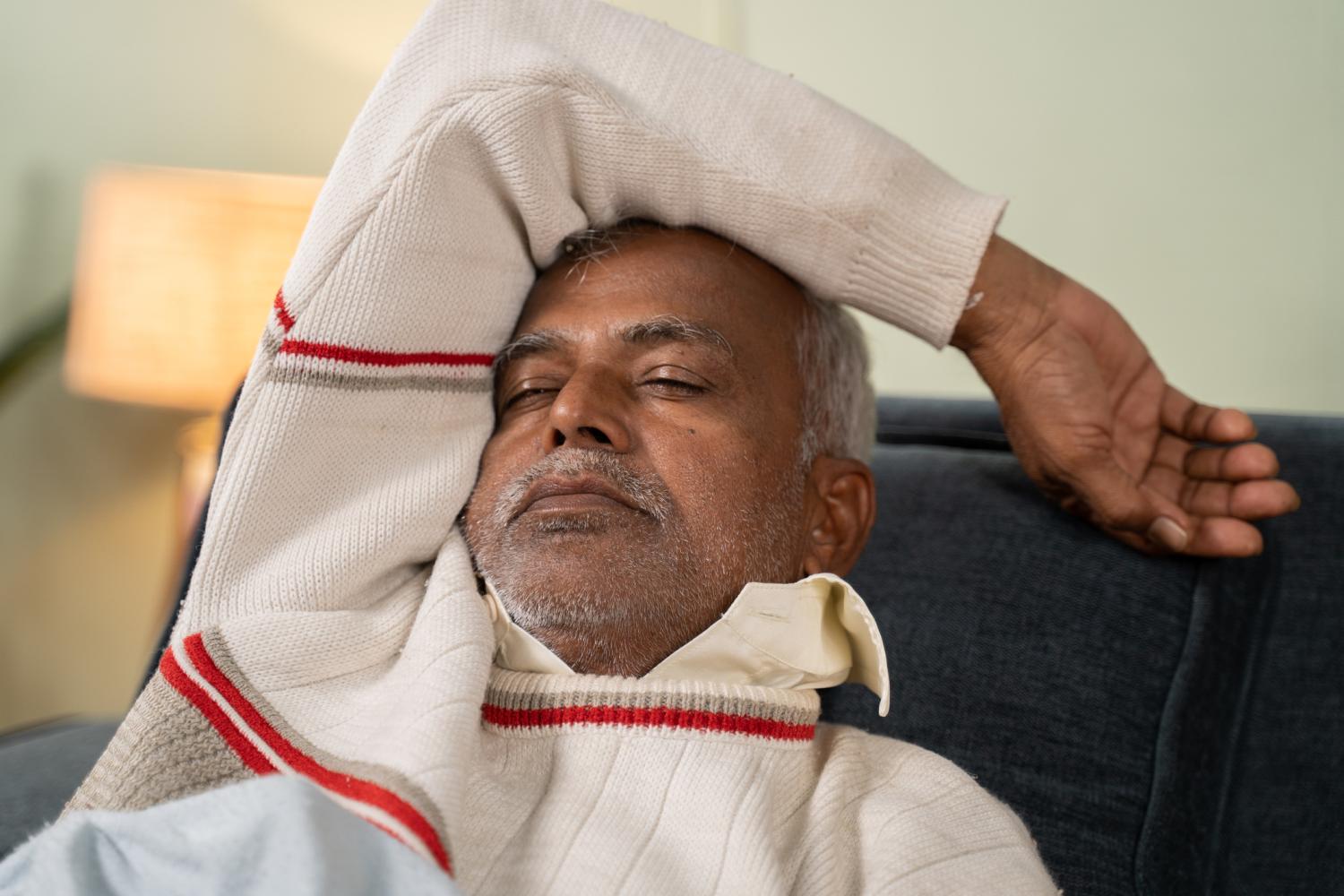A prospective study published late last week in Scientific Reports finds a 41.6% rate of persistent symptoms among 669 adult COVID-19 survivors for up to 3 months, most often in women, older people, hospitalized patients, and those with shortness of breath and fatigue, while vaccination was protective.
Researchers from An-Najah National University in Palestine analyzed clinical and sociodemographic data from medical records and semi-structured phone interviews 10, 30, 60, and 90 days after diagnosis at a West Bank health system from September 16 to October 5, 2021.
The average patient age was 35.9 years, 43% were men, 55.5% were employed, 28.6% smoked, 18.2% had high blood pressure, 6.7% had a previous COVID-19 infection, and 6.7% were hospitalized. Before infection, 41.0% of patients were vaccinated against COVID-19, with 23.4% receiving just one dose.
Unvaccinated at nearly 7 times higher risk
Of the 669 patients, 41.6% had long-COVID symptoms, with higher odds among women (adjusted odds ratio [aOR], 1.5), people older than 50 years (aOR, 4.9), those who required hospitalization (aOR, 5.0), and patients with shortness of breath at day 10 (aOR, 2.4) or fatigue at day 60 (aOR, 3.1). Unvaccinated participants were nearly seven times more likely than their vaccinated peers to report lingering symptoms (aOR, 6.9).
The most common symptoms on day 10 were shortness of breath (38.7%), cough (31.8%), insomnia (31.5%), and fatigue (29.3%). Shortness of breath and fatigue were still the most common symptoms on day 90, affecting a respective 20.0% and 14.9% of patients.
"Long-COVID impacts both physical and mental well-being, as well as functional and occupational status, leading to prolonged disability with no return to the baseline health status for several months or years," the authors wrote. "Furthermore, only a few of persons with long COVID make a full recovery; 85% of long COVID patients who had symptoms 2 months after infection still had symptoms 1 year later."
Yet the mechanisms of long COVID are still unclear, they noted, with some experts proposing the persistence of SARS-CoV-2 in tissues, immune dysregulation, autoimmune reactions, abnormal blood clotting, abnormalities in the membrane lining the inside of the heart and blood vessels, and dysfunctional nervous-system signaling.
Long-COVID impacts both physical and mental well-being, as well as functional and occupational status, leading to prolonged disability with no return to the baseline health status for several months or years.
The researchers said the findings on COVID-19 vaccine effectiveness are particularly important in Palestine, because uptake among the general population was only 36.6% in October 2022. They called for the education of health professionals and raising public awareness of the risks and consequences of long COVID.
"Centers of excellence should be established to provide high-quality, culturally competent healthcare, to conduct research on this evolving disease, and to educate primary care professionals who work on the frontlines," the authors concluded





















